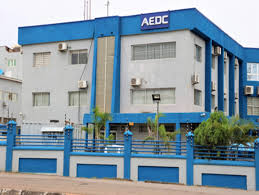Colonel Michael Randrianirina Sworn In as Madagascar’s New President After Military Takeover

Madagascar has sworn in Colonel Michael Randrianirina as its new president, following a military takeover that ousted President Andry Rajoelina, who has since fled the country amid widespread protests and deadly unrest.
The swearing-in ceremony took place on Friday, October 17, 2025, at the High Constitutional Court in Antananarivo, officially confirming Randrianirina’s leadership after Rajoelina was impeached earlier in the week for “desertion of duty.”
The new leader, dressed in a civilian suit instead of military uniform, sought to project an image of constitutional order and civilian inclusion. “Madagascar has not chosen a military regime,” Randrianirina told reporters, adding that his government “belongs to civilians” and that a consensus prime minister would soon be appointed.
Randrianirina, 51, commander of the CAPSAT military unit, has pledged to hold elections within 18 to 24 months and said consultations are underway to form a transitional government blending civilian and military figures.
His rise to power follows weeks of mass demonstrations over severe power and water shortages, which left at least 22 people dead and more than 100 injured, according to the United Nations.
Foreign diplomats from the United States, European Union, and France attended the inauguration ceremony, signaling cautious international engagement with the new administration.
The ousted president, Rajoelina, reportedly fled to Reunion Island aboard a French military plane before travelling to Dubai, citing fears for his safety. His supporters have condemned the court’s decision, calling it “procedurally illegal” and warning of further instability.
Madagascar now joins a growing list of African nations that have recently experienced military transitions, including Mali, Burkina Faso, Niger, Gabon, and Guinea.
Despite its natural wealth, Madagascar remains one of the poorest countries in the world, with nearly 80% of its 32 million citizens living in poverty, according to World Bank data.
Regional and international bodies — including the African Union and Southern African Development Community (SADC) — have called for a swift return to constitutional democracy and the inclusion of youth and civil society in shaping the country’s political future.



